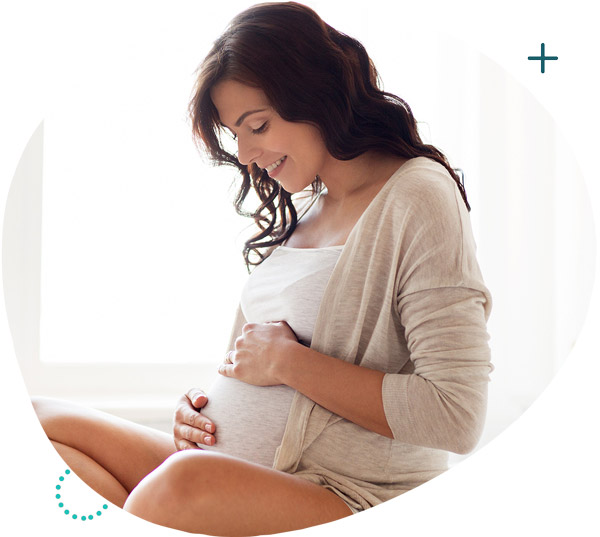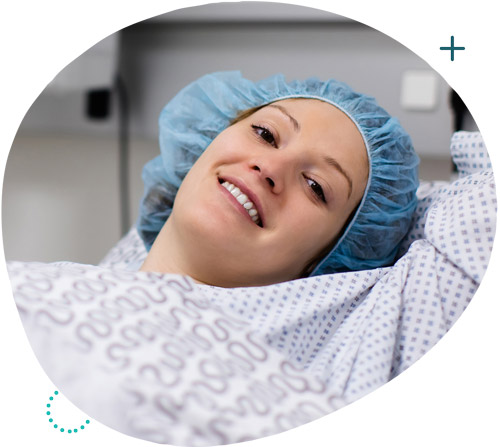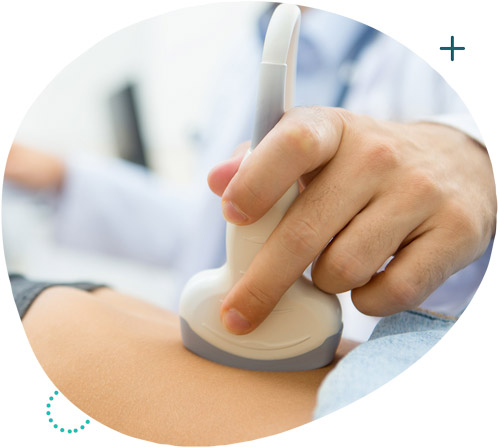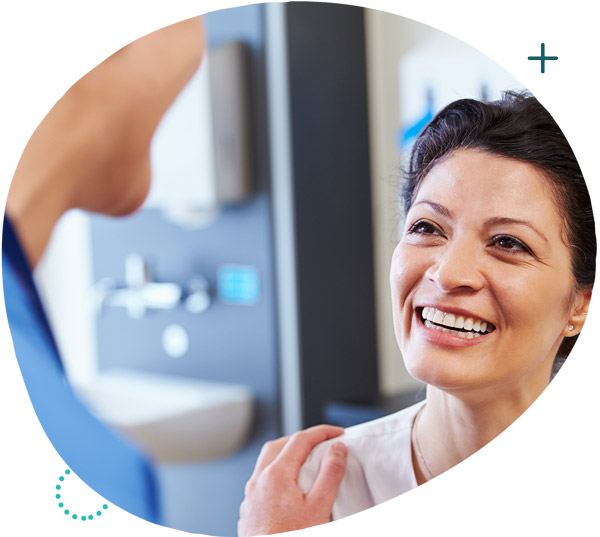This website uses cookies so that we can provide you with the best user experience possible. Cookie information is stored in your browser and performs functions such as recognising you when you return to our website and helping our team to understand which sections of the website you find most interesting and useful.
Gynaecology
Gynaecology
HPV-Vaccines
Strains 16 and 18 of HPV, cause about 70% of cervical cancers and 50% of precancerous cervical lesions. For strains 31, 33, 45, 52 and 58, they are thought to be responsible for another 19% of invasive cervical cancers. Also, the above strains of HPV are responsible for 30-40% of vulvar cancers and 70% of vaginal cancers. Strains 6 and 11 cause 90% of genital warts. The HPV vaccine available in the Greek market is HPV9, which targets 9 different strains (6,11,16,18,31,33,45,52,58).
Women & HPV vaccine
In order to obtain the best results in immunization against HPV in the genital area, vaccination should be done before the onset of sexual activity. However, vaccination is safe and effective in older women, although the overall benefit is less than in younger women, since during a contact the possibility of infection with HPV is very high even with the use of condoms.
In terms of protection against oropharyngeal HPV, vaccination is 93% effective, but the reduction in the incidence of oropharyngeal cancer has not yet been estimated. First the awareness started from the systematic vaccination of girls before the beginning of sexual intercourse.
Men & HPV Vaccine
In recent years, interest in vaccination has also been focused on boys, in an effort to reduce the prevalence in the population. Indeed, studies show that antibody titres after vaccination in boys are comparable to those in girls. In Greece, the systematic vaccination of boys from the age of 9 to 18 years is proposed in accordance with the National Vaccination Programme for children and adolescents. This drastically reduces the chance of infection between the sexes and consequently also drastically reduces the chance of developing cancers of the cervix, vulva, penis and oropharynx.
In Greece, according to the National Children and adolescents vaccination program 2023, the following apply:
Human papillomavirus vaccine (HPV) (lower age of administration: 9 years);
- vaccination against human papillomavirus is indicated in boys and girls for the prevention of cervical cancer, as well as cancers of the oropharynx, anus and penis, as well as benign diseases associated with the virus. Maximum protection is achieved if the vaccination is completed before the onset of sexual activity. In our country, the nine-strong (HPV9) HPV vaccine is available.
- HPV vaccination is recommended for boys and girls aged 9-11. If vaccination is not done at the recommended age, it can be replenished up to the age of 18. It is noted that the HPV vaccine is fully compensated for boys and girls aged 15-18 years until 31.12.2024. The limitation on compensation does not apply to the risk groups described below.
- HPV vaccination schedule (HPV9) depending on the age of initiation of vaccination: starting vaccination <15 years:
- Starting vaccination <15 years: 2 doses with an interval of 6 months (schedule 0.6). If 2 doses are given with an interval of less than 5 months, a 3rd dose at least 3 months later is required.
- Start of vaccination ≥15 years: 3 doses (schedule 0.1-2.6 months).
- In special cases of increased risk vaccination against HPV is recommended in subjects aged 9-26 years on a 3-dose schedule (0.1-2.6 months) (see Section 4.1, increased risk groups-HPV infection) The HPV vaccine is not recommended during pregnancy, however it is not necessary to have a pregnancy test before starting vaccination. If pregnancy is established after the administration of the vaccine, it is not recommended to stop it, but the vaccination is completed after its completion.
A history of previous pathological Pap smear, wart or HPV infection is not a contraindication to vaccination. In these cases, protection is not effective.
Although vaccination during pregnancy is not recommended, in case of accidental vaccination, there is no cause for concern. Also during breastfeeding there is no problem.
Side effects & HPV Vaccine
As far as side effects are concerned, the majority of these are referred to as mild. Severe include headache, nausea, vomiting, dizziness and dizziness, and there is no increased risk of Guillain – Barré syndrome (Slade BA,Leidel L,Vellozzi C, et al. Post licensure safety surveillance for quadrivalent human papilloma virus recombinant vaccine. JAMA 2009; 302:750). 302:750).
In addition, according to a Swedish-Danish study of 4 four million women aged 10 to 44, the quadrivalent HPV vaccine was not associated with an increased risk of neurological degenerative diseases (Scheller NM, Svanström H, Pasternak B, et al. Quadrivalent HPV vaccination and risk of multiple sclerosis and other demyelinating diseases of the central nervous system. JAMA 2015; 313:54). 313:54).
In conclusion, the HPV vaccine is a safe and effective vaccine that contributes drastically to the elimination of cervical cancer and that is why at least all young girls should be routinely vaccinated.









